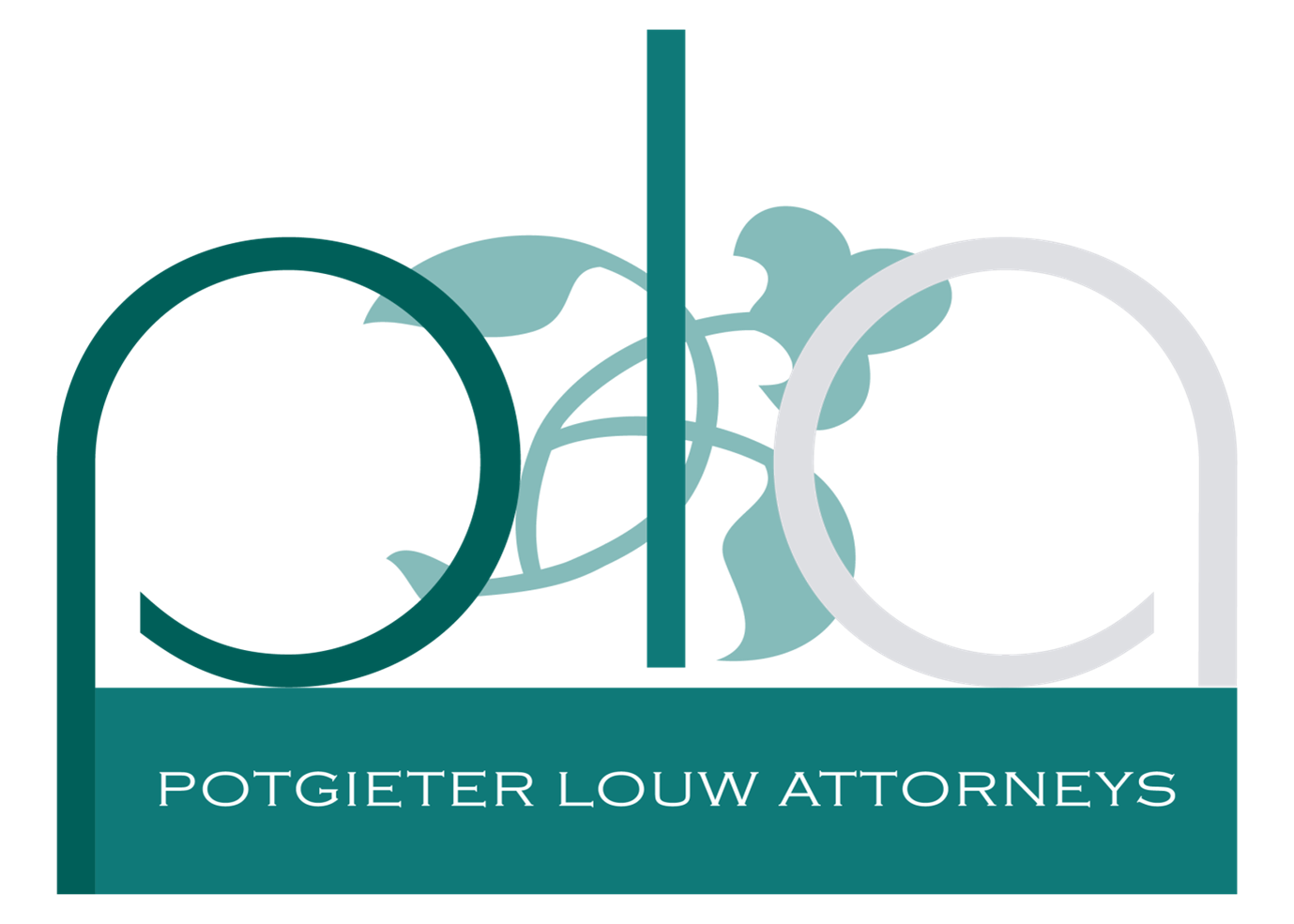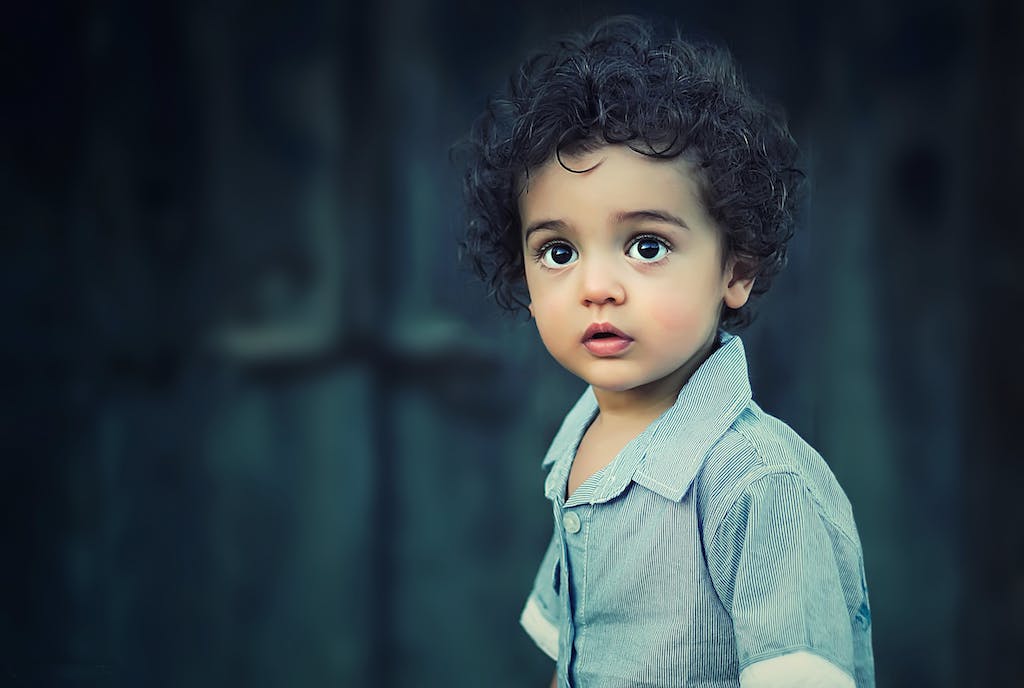Understanding Adoption in South Africa
According to the United Nations, every year, an estimated 260 000 adoptions take place worldwide. In South Africa, an average of about 1400 children get adopted yearly, with more than half of these children being adopted by a family member.
Many children are destitute, abused, or abandoned but through adoption these children may be given a chance to live and grow up in an environment where their best interests are taken care of. Adoption gives both the adoptive family, and the adopted child the opportunity to enjoy the benefits of living in a family unit.
What is adoption?
Adoption is a legal process that establishes a permanent, legal relationship between a child and adoptive parents. It grants the adoptive parent(s) all the rights and responsibilities that come with biological parenthood. The primary focus in South African adoption law is on ensuring the well-being and best interests of the child.
In terms of section 240(1) of the Children’s Act 38 of 2005 (hereinafter referred to as “the Children’s Act”) any child (who is found to be adoptable), irrespective of their race, gender, or nationality, may be adopted (by person(s) who are suitable as adoptive parent(s)). The Children’s Act emphasizes that the child’s best interests are paramount, and considerations such as religion, culture, and language are considered when considering a child for adoption.
Any person, regardless of marital status or sexual orientation, can apply to adopt a child in South Africa. Section 231(2) of the Children’s Act stipulates that an adoptive parent must be 18 years and older, a South African citizen or permanently resident in South Africa, must be a fit and proper person to be entrusted with full parental rights and responsibilities of a child, and prospective adoptive parents may not be disqualified due to financial status.
The law recognizes the diversity of families and ensures that the adoption process is open to individuals and couples alike, as well as persons from different financial or social backgrounds.
Who must give consent to adoption?
Consent for adoption is a crucial aspect of the process. In terms of section 233(1) of the Children’s Act, both parents, if alive, must consent to the adoption of their child unless they are unable to do so due to specific reasons as outlined in the Act. In addition, the child’s legal guardian or a person with parental responsibilities and rights in respect of the child must also give consent.
Once consent is given, it is generally irrevocable. However, the law allows for limited circumstances where consent may be withdrawn within a specific timeframe or under certain conditions. This is to ensure that the decision to place a child for adoption is well-considered and informed.
Consent may not be required if the child is an orphan, abandoned, or the parents’ whereabouts are unknown. In such cases, the court may dispense with the need for consent if it deems it in the best interests of the child.
If a parent refuses to give consent for the adoption for the child, and all other factors support the proposed adoption, such parent’s consent may similarly be dispensed with by the Children’s Court.
What is the adoption procedure?
The adoption procedure can be initiated by approaching an adoption agency or an adoption social worker at the Department of Social Welfare, who will perform a screening and assist you in finding a child to adopt.
The adoption process involves several steps, including a home study, background checks, and interviews with the prospective adoptive parents. These interviews are usually conducted by agents from an adoption agency and / or social workers. Once approved, the matter is brought before the Children’s Court, where a magistrate reviews the case and makes a final order. The final process is to have the adoption registered with the Department of Home Affairs. The entire adoption process is designed to ensure the child’s welfare and a suitable environment for their upbringing.
Section 239 of the Children’s Act states that an application for adoption may be brought to the Children’s court, accompanied by a report by an adoption social worker, an assessment and report by the Head of the Department of Social Development.
It is important to note that no fees are payable for the adoption process.
What is the effect of adoption?
Upon completion of the adoption process, the child becomes a legal member of the adoptive family. They are entitled to the same rights, privileges, and responsibilities as if they were born to the adoptive parents. The adoptive parents assume full parental responsibilities and rights, and the biological parents’ legal ties to the child are severed.
In terms of section 3(e) of the Intestate Succession Act 81 of 1987, an adopted child shall be deemed to be the descendant of his adoptive parent(s), and not to be a descendant of his natural parent(s), except in a case where the natural parent is also the adoptive parent of that child or was, at the time of the adoption, married to the parent of the child.
Thus, an adopted child may inherit from the adoptive parent(s) as any biological child would.
It is important to note that adoptive parties may not get married to any person related to them in law, even though there is no blood relation between them.
Case law on adoption:
Several groundbreaking legal cases have shaped adoption law in South Africa, for example, in 2002 the case of Du Toit and Another v Minister for Welfare and Population Development and Others (CCT40/01) [2002] ZACC 20 challenged the discriminatory practices against same-sex couples seeking to adopt. The court ruled in favour of allowing same-sex couples to adopt jointly, emphasizing that the best interests of the child should be the primary consideration in adoption cases. This decision marked a significant step towards inclusivity and equal opportunities for prospective adoptive parents in South Africa, irrespective of their sexual orientation.
Types of adoption recognised in South Africa:
There are several types of adoption recognised in South Africa, namely:
- Domestic adoption – this is the most common type of adoption in South Africa where both parents are residents of South Africa.
- Inter-country adoption – this form of adoption involves the adoption of a child from a foreign country by a South African citizen and is subject to both the laws and regulations of South Africa, as well as those of the child’s country of origin.
- Stepparent adoption – where a stepparent wishes to adopt their spouse’s child from a previous relationship, consent is typically required from both biological parents unless they are unable to give consent for specific reasons as set out in the Children’s Act.
- Relative adoption – this type of adoption involves the adoption of a child by a close blood relative, such as a grandparent, aunt or uncle, and the same legal procedures apply but the consent requirement may vary based on the specific circumstances.
- Foster care adoption – in cases where a child has been placed in foster care, the foster parents may choose to adopt the child, and a transitioning from foster care to a permanent legal relationship through adoption occurs.
- Open adoption – this form of adoption allows the biological and adoptive parents some freedom as there is some level of contact or communication between the biological and adoptive parents.
In conclusion, it is important to note that regardless of the type of adoption, the primary consideration is always the best interests of the child. The legal procedures and requirements for each type of adoption as per the Children’s Act, ensures a consistent and child-centric approach across the different adoption scenarios.
By: J Jacobs
Candidate Attorney




